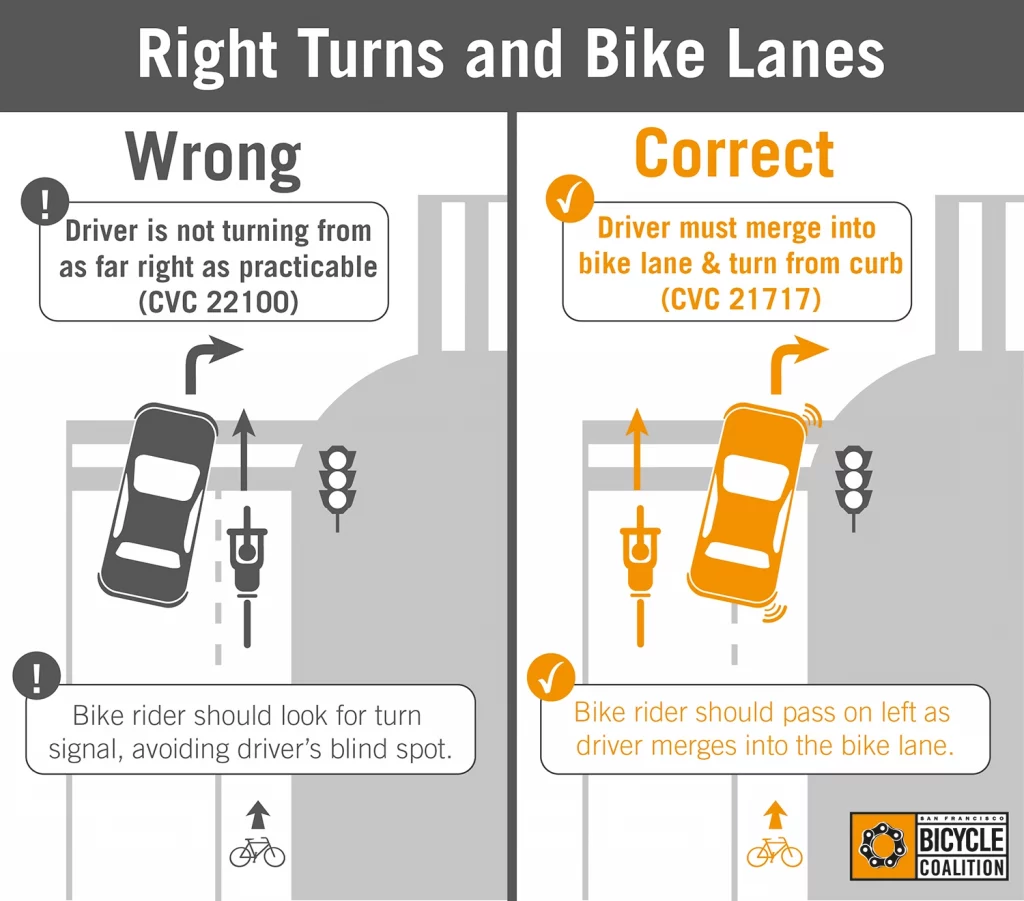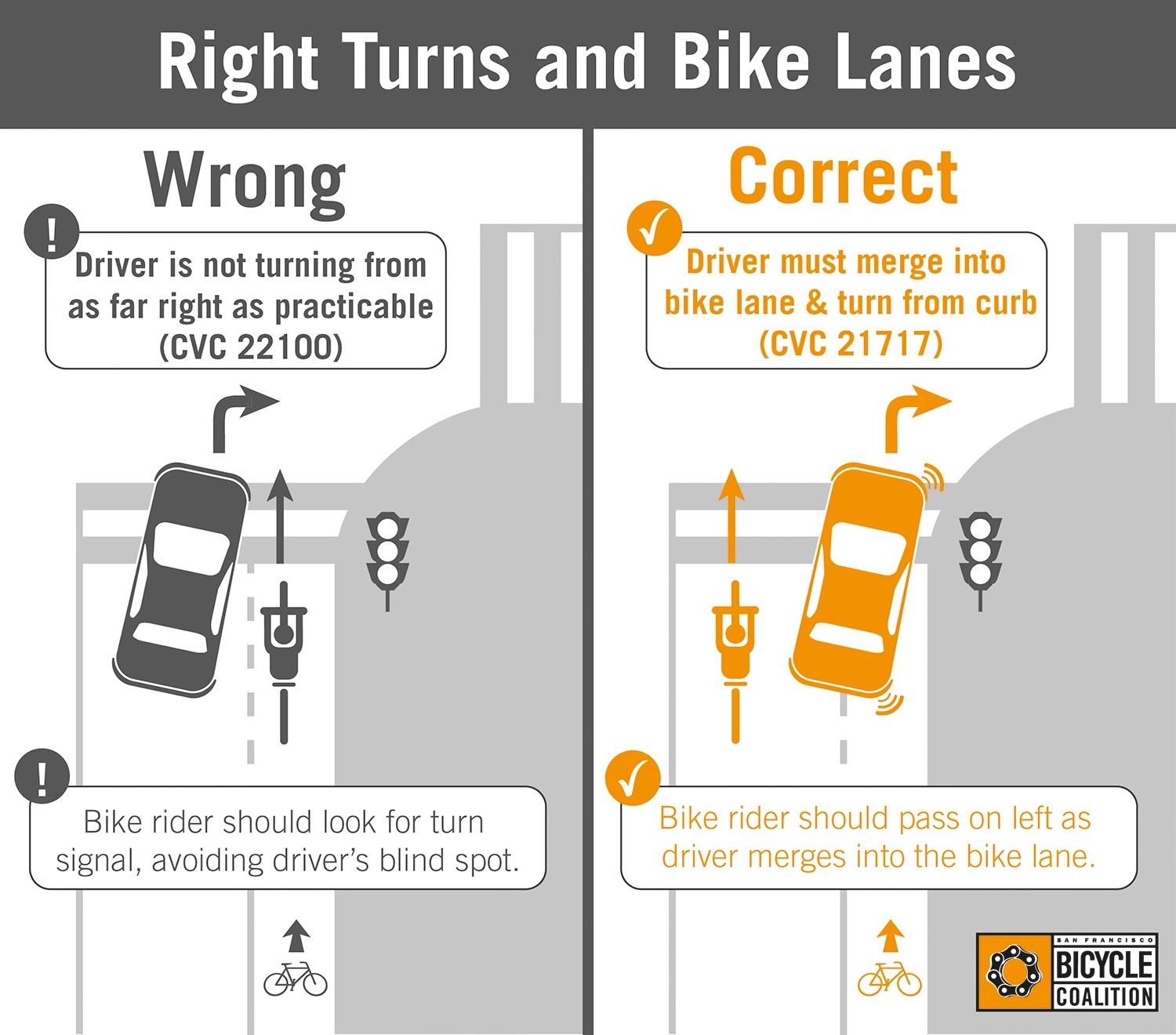It took a while but finally, they started doing blind spot checks on the right turns. One check as you signal right and move closer to the right curb as you set up the turn positioning and block out space to your right preventing anyone from squeezing in between the car and the right curb.
The lesson ended and they agreed that they understood the importance of blind spots on right turns – two in fact. One sets up the turn as you move to the right and the second blind spot to scan the sidewalks for pedestrians and bikers in the right side zone.
For the next three classes, they did zero right-side blind spots for the first 5 to 10 minutes. This complete lack of checks was puzzling. However, once I mentioned it, they did the scans consistently for the rest of the session time.
The one-hour warm-up before the ICBC driving test, again they did no blindspot checks at the beginning but did them after I reminded them.
On the driving test, they did very well, but the examiner failed them stating “You failed to do blind spots half the time.”
Short-term versus long-term.
Short-term memory carried the importance of blind spots for the duration of 90 minutes, during the class.
They slept that night but the short-term information did not make it into their long-term memory. I call this a failure to internalize the information.
Each class, again, the blind spot information was carefully placed back into their short-term memory.
Again, each time they would return with nothing. And each time they said they had forgotten it.
They booked another road test.
They also booked another class the day before.
Do you think they will remember to blind spot?
Remembering is not the problem. Understanding it and believing in it is the error here. You are battling a habit of 20 years driving in another country and never doing a blind spot check. You must get this information into long-term memory, internalize it, believe it, understand it and maybe it may become powerful enough to battle that 20-year habit. Maybe. Good luck!
https://ihaveevolved.com/understanding-attention/icbc-driving-test






Comments are closed